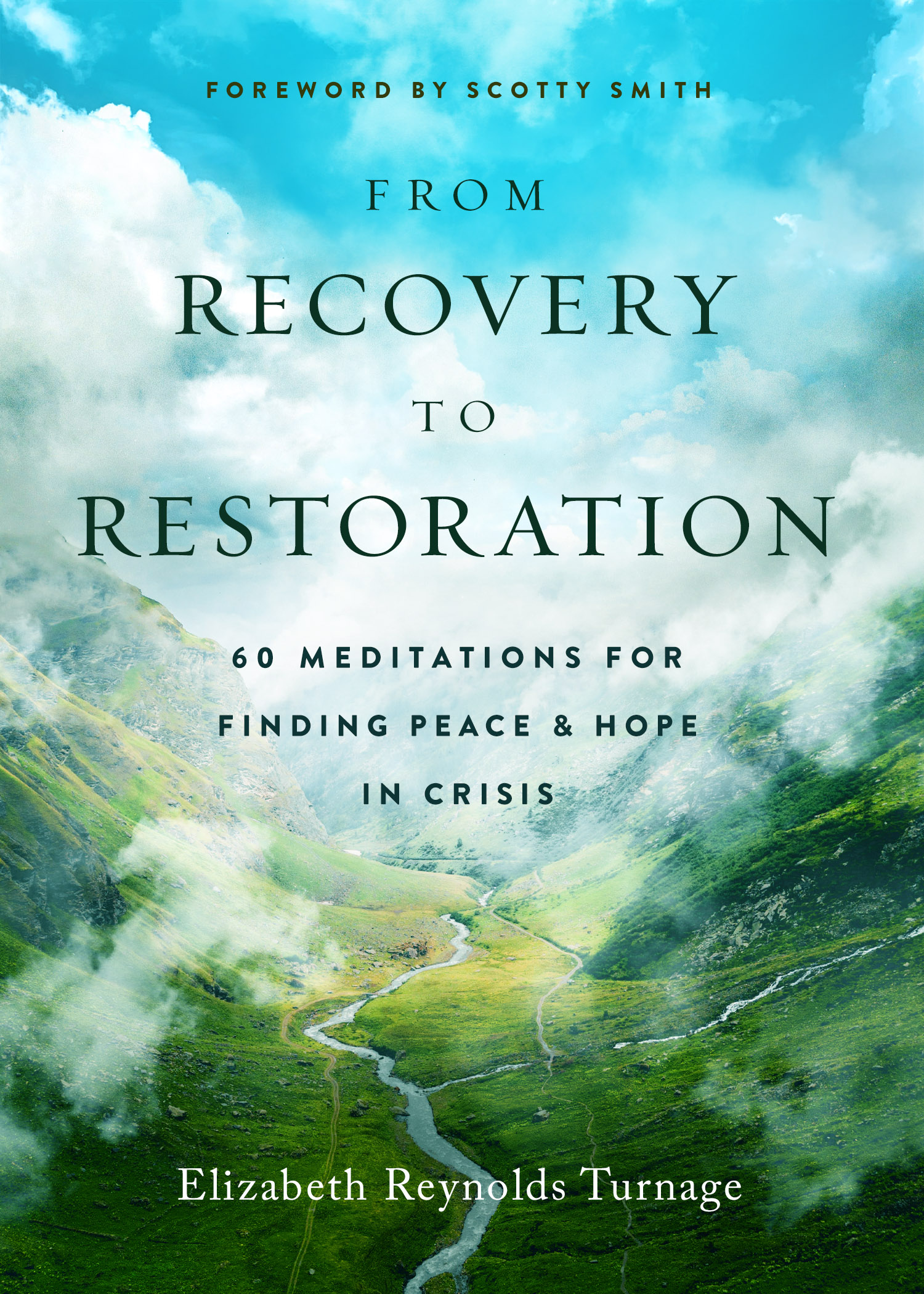Revive My Soul: A Meditation for Peace
Revive My Soul: A Meditation for Peace
Dear Friends,
I am delighted to introduce my newest devotional for people in all sorts of “crisis,” “radically life-altering circumstances.” Today, I share an excerpt on how we gain life through the Word in such troubling times. Maybe you need this book or you know someone who does. You’ll find it on sale at Amazon and all your favorite booksellers.
Revive My Soul
My soul clings to the dust; give me life according to your word! Psalm 119:25, ESV
In one moment, one hour, one day, perhaps, your life has been radically altered. So altered that you’re not sure you’ll survive. When your world has been tossed like a rag doll in a tornado, where do you turn?
The writer of Psalm 119 tells us: we must turn to the Word, which revives and restores our souls. In this vast 176-verse ode to the Word, the psalmist catalogues the circumstances of life which sent him there and proclaims the abounding blessings he discovered there. From him, we can learn how the Word rights us when our world is not right.
Even as the psalmist declares his love for Scripture, he also names the desperate need which drove him there. Maybe you can relate. Among the trials he mentions in Psalm 119, he has experienced exile on earth, “scorn and contempt”, soul-melting sorrow, and the dread of reproach (Psalm 119:19, 22, 28, 39). His soul “clings to the dust,” perhaps because of the “evil-minded people” who have lied about him (Psalm 119:25, 115, 78 NLT). He has been ensnared by the wicked and known the faithful affliction of the Lord (Psalm 119:110, 75). He has been oppressed, persecuted, and despised (Psalm 119:121, 161, 141). And he has gone astray like a lost sheep (Psalm 119:176).
The Lord responds to his desperate need, and the psalmist declares his fervent devotion to the Word. As he details the ways the Word has restored and revived him, we see how it will restore and revive us in seasons of recovery:
- The Word counsels and clarifies, lighting our way when we walk in darkness (Psalm 119:105). It exposes “false ways of life” and leads us away from them (Psalm 119:104 NLT).
- The Word stabilizes and secures, revealing God’s steadfast love and faithfulness in our trouble (Psalm 119:75-77). “Firmly fixed in the heavens,” the Word reminds us of the unchangeable nature of God in the midst of a changing world.
- The Word saves and delivers, acting as our “refuge and shield” against “evil-minded people” (Psalm 119:114-115 NLT). The Word’s rules give life even as its commands bring freedom (Psalm 119:93, 45).
- Finally, and most importantly, the Word restores and revives us. It fills us with hope when we are afflicted; it raises us to new life when we are groveling in the dust (Psalm 119:49, 25). The Word gives us life by turning our eyes away from “worthless things”; the Word gives us life by reminding us of God’s promises (Psalm 119:37, 50).
Dear friends, if your world has been turned upside down or split wide open, keep reaching for the Word. There you will find the peace and hope you need.
Prayer
Lord,
We confess—sometimes the last thing we reach for in crisis is your Word. Help us to read first and react later. Grow in us a love and longing for the Word that gives us the life we crave. In the name of Jesus, the Word-made-flesh, we ask. Amen.
Further Encouragement
Read Psalm 119 over a period of several days.
Listen to “Speak, O Lord” by Keith and Kristyn Getty.
For Reflection
As you read Psalm 119, underline or write down words that particularly resonate with you—for example, perish, revive, contempt, or delight. Then write a letter to God using some of those words to tell him how you are feeling and ask him to meet you in his Word.
If you enjoyed this blog, please share.
Get Hope for Troubling Times
Advance Review for From Recovery to Restoration
"When the storms of life crash into our lives, the devastation left behind is often overwhelming. Recovery and healing is slow and arduous. Elizabeth Turnage's devotional is for all those laboring toward recovery. From Recovery to Restoration is a hope-filled, gospel-laced, and Christ-exalting book which invites us into God's story of redemption and helps us see how he is at work to redeem and restore all things, even the aftermath of our personal losses, heartaches, and trials."
Christina Fox
Writer, Counselor, Speaker
author of A Heart Set Free: A Journey to Hope Through the Psalms of Lament.






